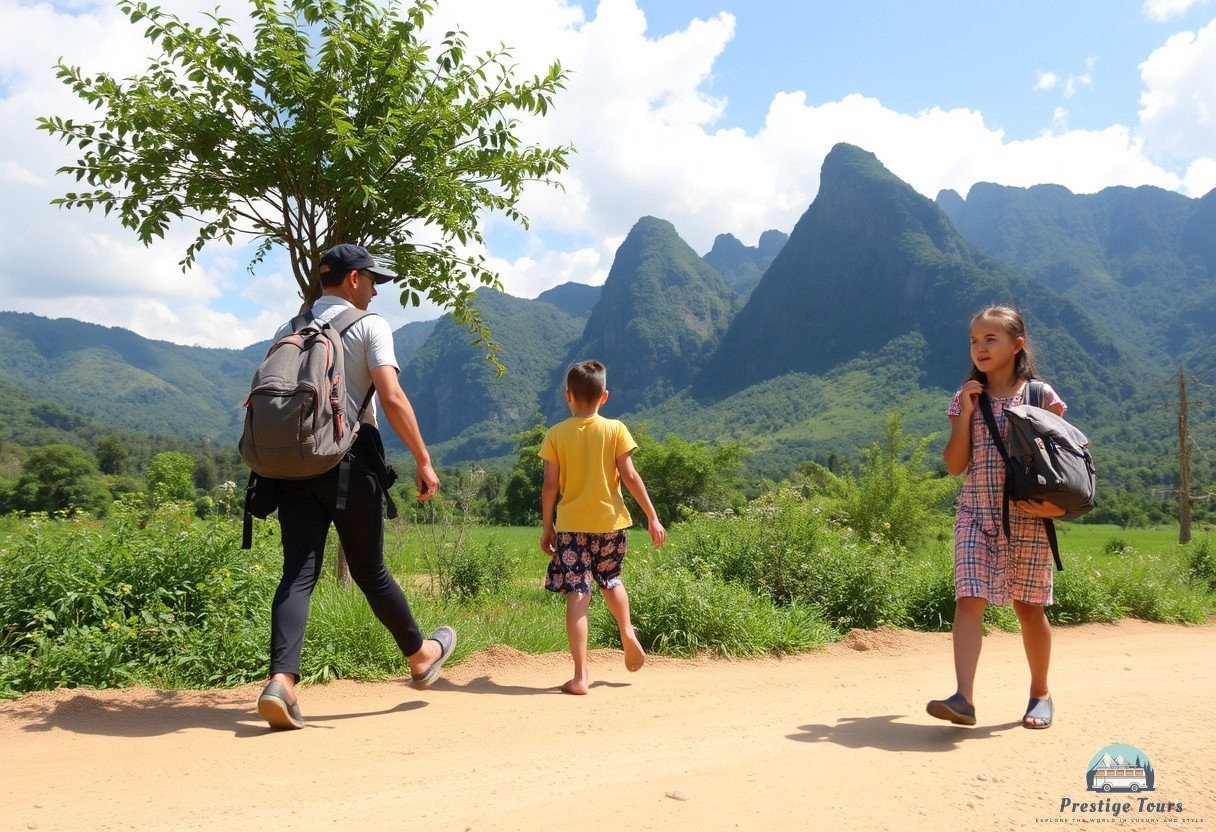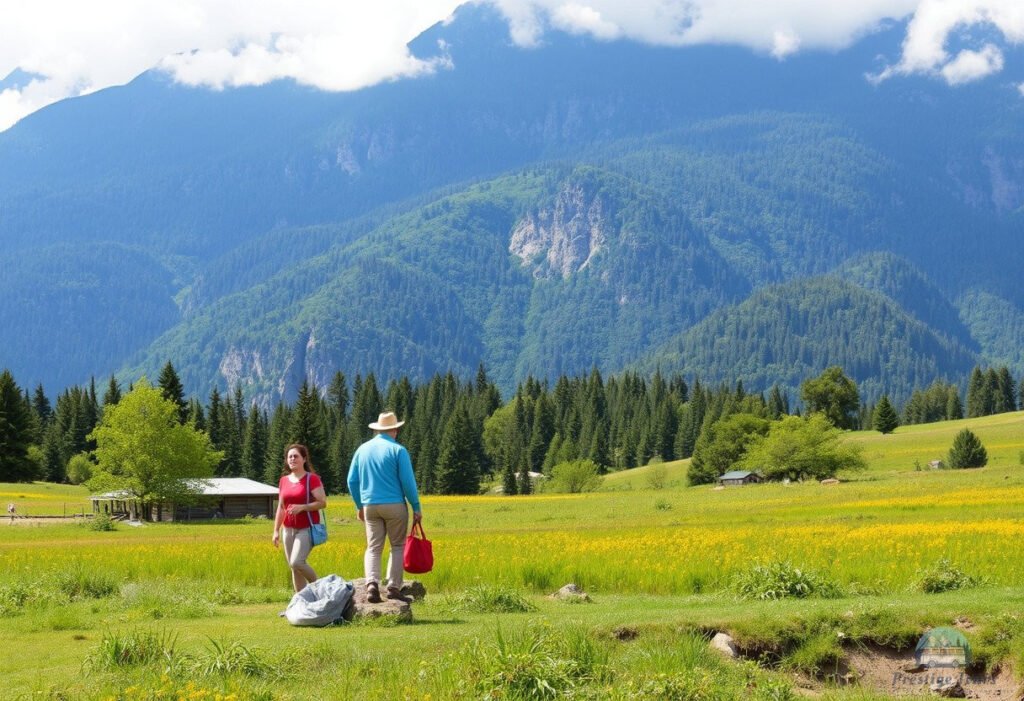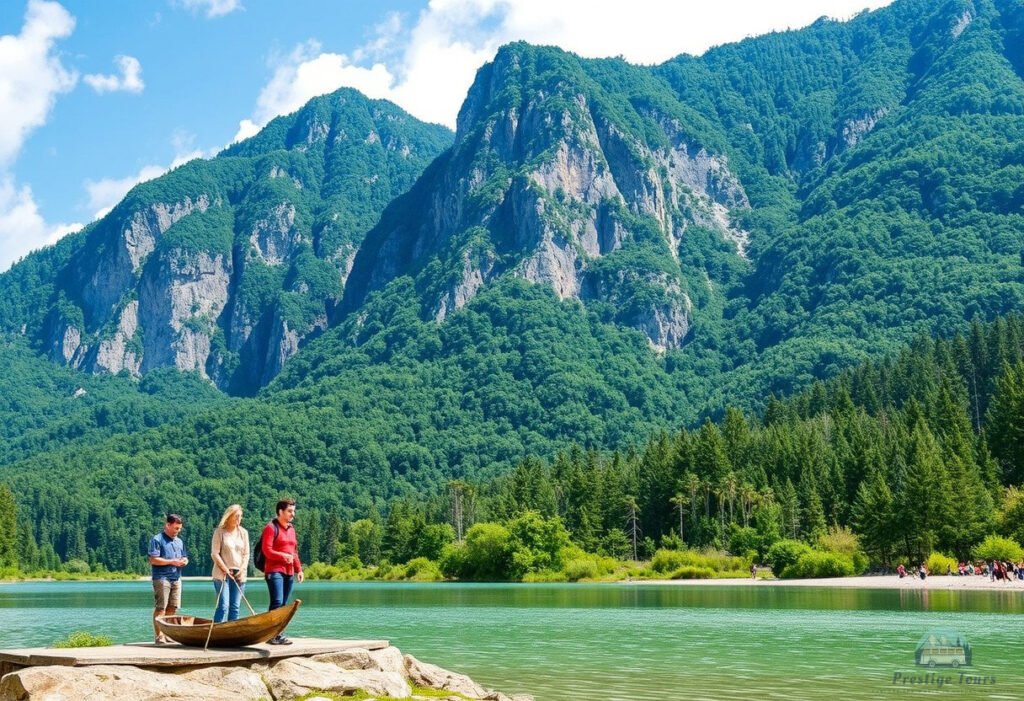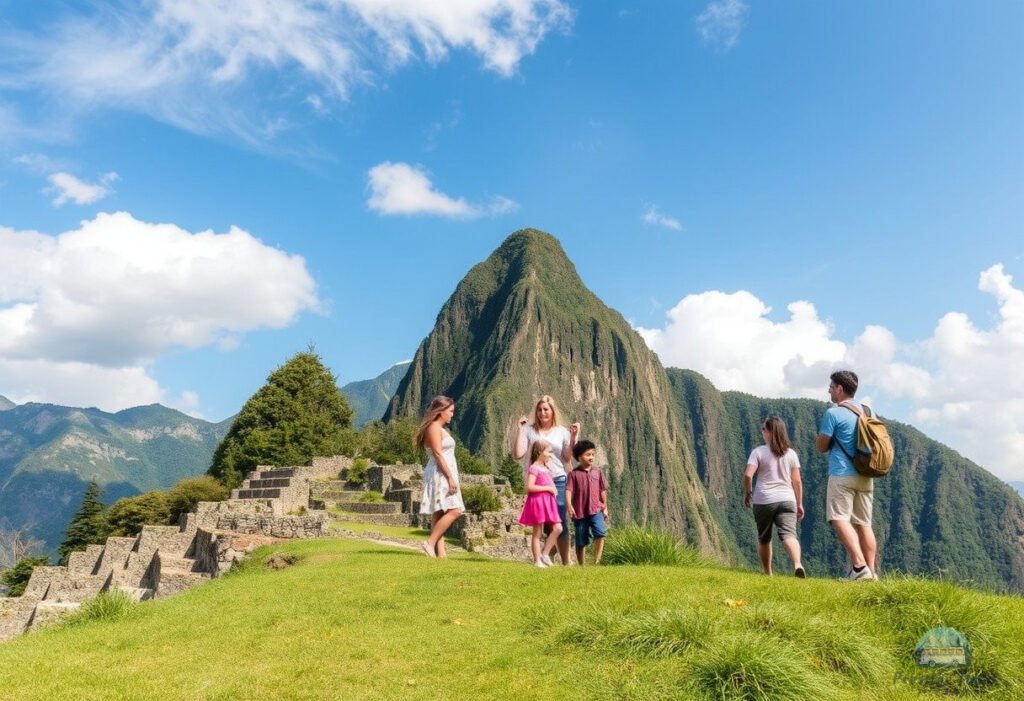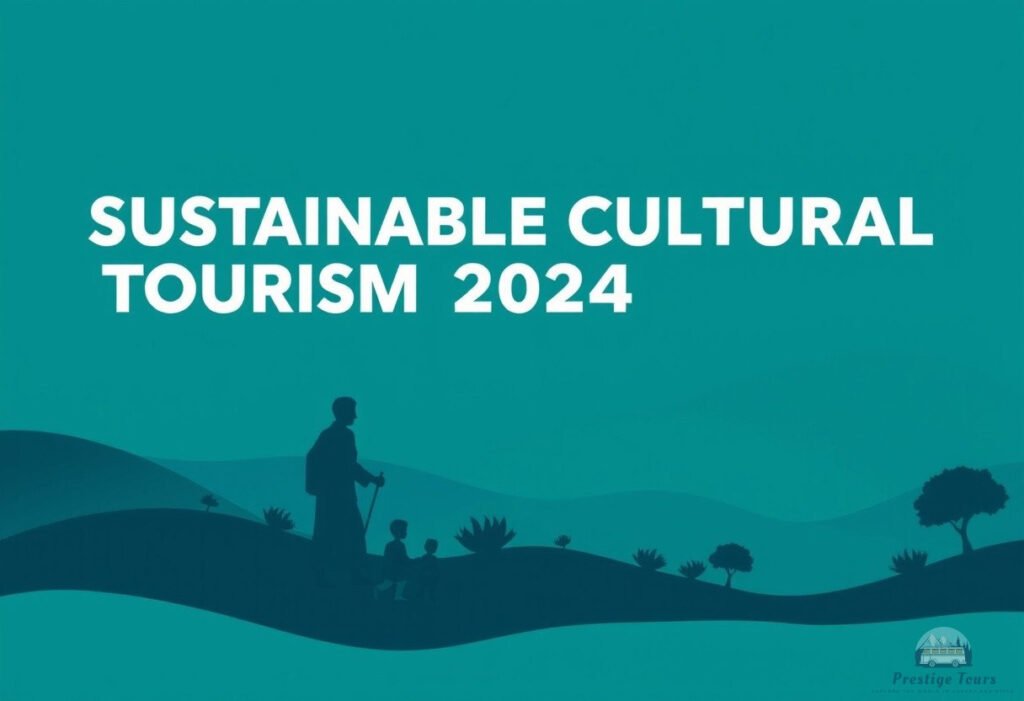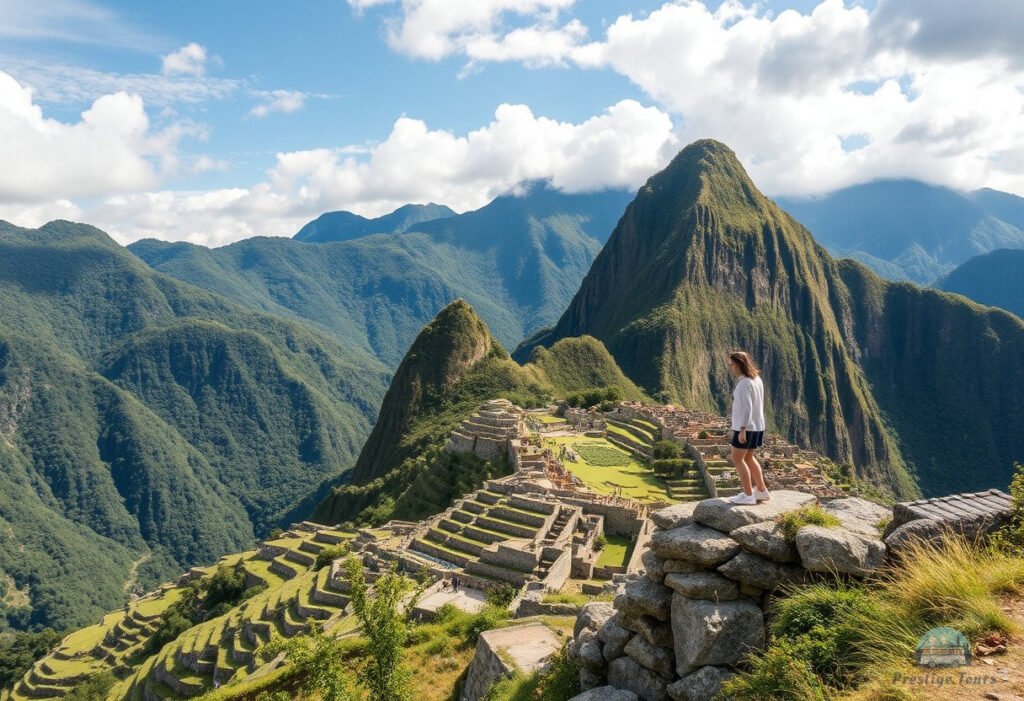Family Travel 2024: How Sustainable Tourism Shapes Cultural Values and Protects Nature
Sustainable family travel is set to become increasingly popular in 2024 as families look for ways to combine vacations with responsible environmental practices. Sustainable tourism not only minimizes negative impacts on nature, but also promotes cultural preservation by incorporating ecology and respect for local traditions into travel.
The Benefits of Sustainable Family Travel
By choosing sustainable tourism, families can reap a number of benefits:
- Environmental awareness: Sustainable family travel helps reduce your carbon footprint, as many places offer eco-friendly modes of transportation such as cycling and walking.
- Supporting local communities: Participation in such trips contributes to the development of the local economy, as tourists often stay in small hotels, buy local products and participate in traditional events.
- Enriching cultural experience: Sustainable tourism allows for a deeper understanding of the culture of a place through interaction with local people and traditions.
According to a study conducted by the World Tourism Organization (UNWTO), more than 70% travelers showed interest in sustainable tourism in 2023. This figure will only increase in 2024.
How to Plan Sustainable Family Trips
Planning sustainable family travel requires thoughtfulness and involvement from both parents and children. Here are some steps to help make your trip more sustainable:
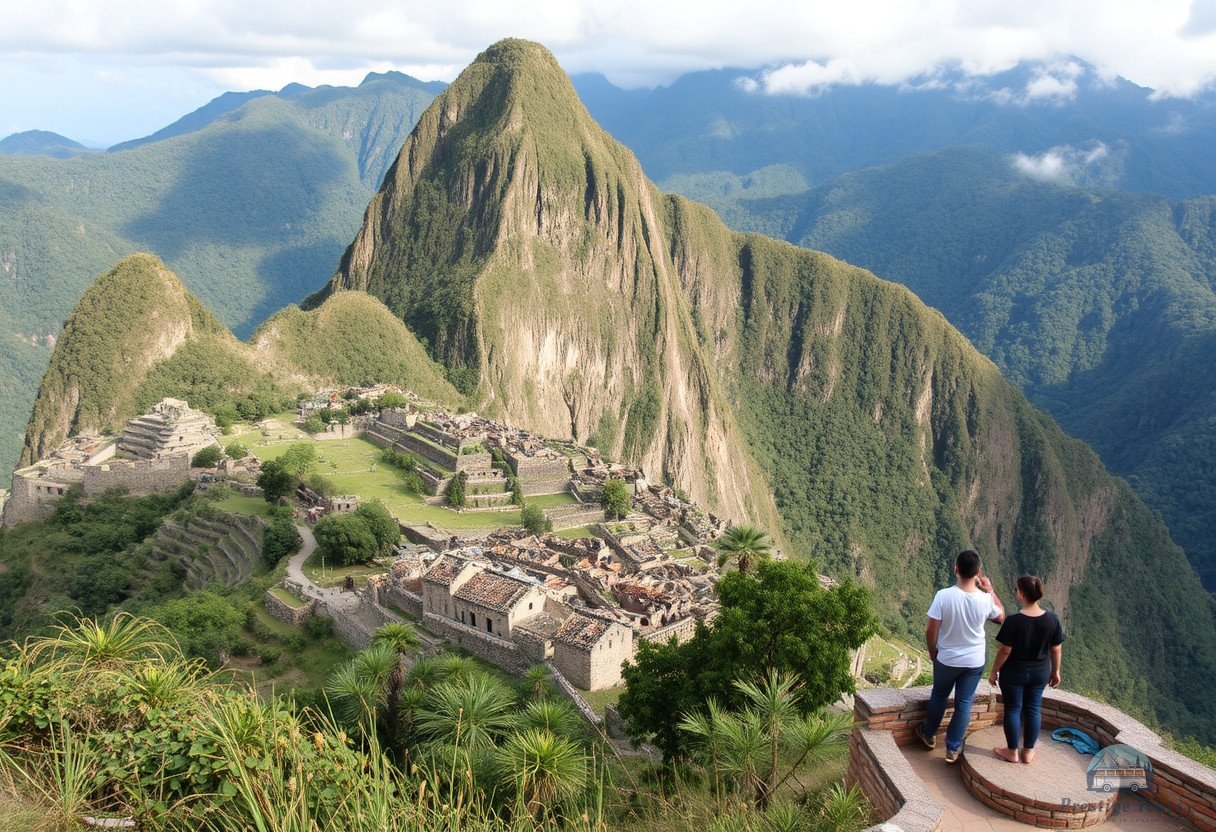
- Choosing down-to-earth directions: Discover lesser known but unique places instead of touristy cities.
- Use of environmentally friendly transport: It is best to choose a train or bus instead of a plane for short distance travel.
- Buying local products: Support local production by purchasing crafts or products from farmers.
- Participation in volunteer projects: Consider getting involved in local environmental initiatives or those that preserve cultural traditions.
Families can also explore resources that feature sustainable travel programs and eco-friendly courses to help them make their travel more mindful.
Case Study: Sustainable Family Travel
Consider a successful example from Norway, where a family business has organized trips to the fjolds and nature. They offer travelers the opportunity to contribute to the restoration of the ecosystem by participating in gardening and tree planting. According to local authorities, such programs not only help restore nature, but also attract tourists' attention to the need to preserve ecological systems.
In addition, many family organizations such as Ecotourism Society, offer information on how best to plan sustainable family travel, upholding the values of respect for culture and nature.
The Impact of Sustainable Tourism on the Future
Family travel in 2024 highlights the importance of sustainability, both in terms of the environment and cultural traditions. Investing in sustainable tourism can be the key to building a more sustainable future for generations to come. Every step in this direction contributes to global efforts to protect nature and preserve cultural heritage.
In this way, sustainable family travel not only enriches the holiday experience, but also creates new values for the whole family, helping to protect our planet and preserve the world’s unique cultures.
